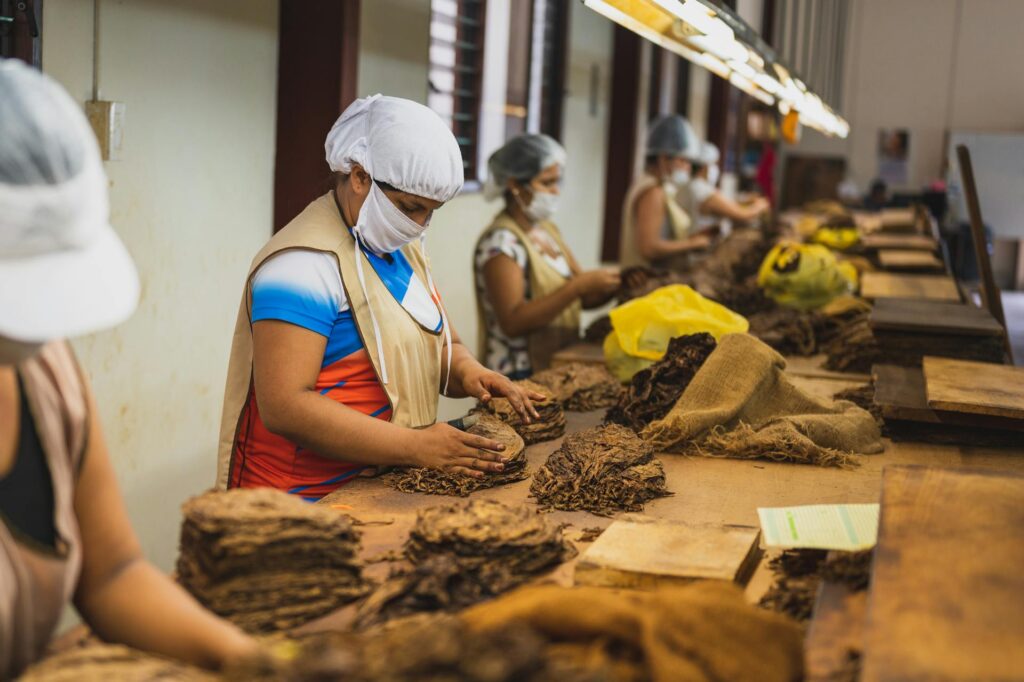April 20 2022
Decree amending and adding several provisions of the Mining Law.
On April 20, 2022, the General Congress of the United Mexican States published a decree amending and adding several provisions of the Mining Law (the “Law“) in the Official Gazette of the Federation.
Articles 1; 9, first paragraph; 10, first paragraph were amended; and Article 5 Bis and the third paragraph were added, moving the current third and fourth paragraphs to Article 10 of the Law.
The amended articles now provide as follows:
- Article 1 of the Law indicates that everything related to the exploration, exploitation, benefit, and use of lithium is the responsibility of the decentralized public agency determined by the Federal Executive (hereinafter, the “DPA“).
- Article 9 of the Law states that both the Ministry of Economy and the DPA will rely on the Mexican Geological Service (hereinafter, “MGS“) to promote the best use of mineral resources and generate the basic geological information of the Nation.
- Article 10 of the Law states that the exploration, exploitation, benefit, and use of lithium are the responsibility of the State, and will be carried out by the DPA, which must ensure compliance with laws and international treaties.
Likewise, Article 5 Bis was added to the Law, whereby it: declares lithium to be of public utility; recognizes lithium as patrimony of the Nation; indicates that the economic value chains of lithium will be administered and controlled by the State through the DPA; reiterates the support that the MGS will provide to the DPA in order to promote the best use of lithium; and decrees the duty of the Mexican State to protect Mexicans, the environment and the native peoples, indigenous and Afro-Mexican communities, with respect to the activities arising from the use of lithium.






